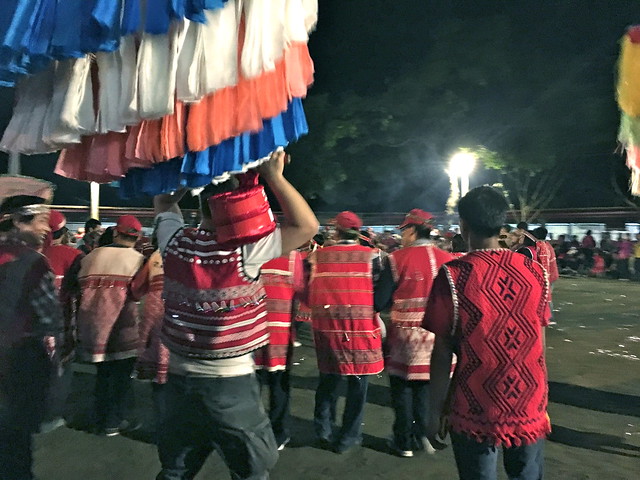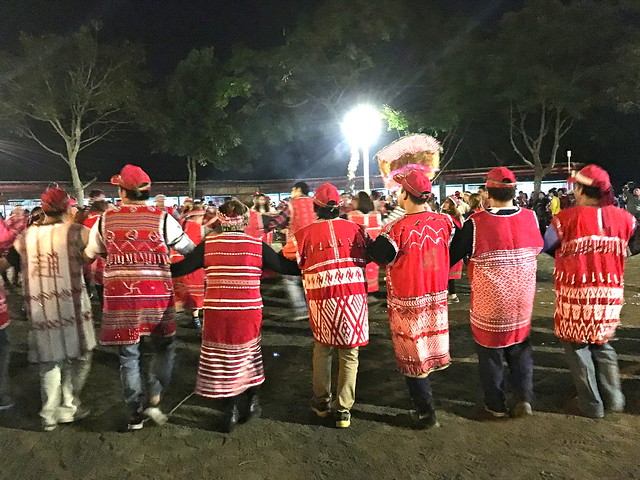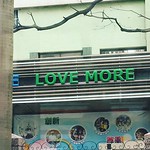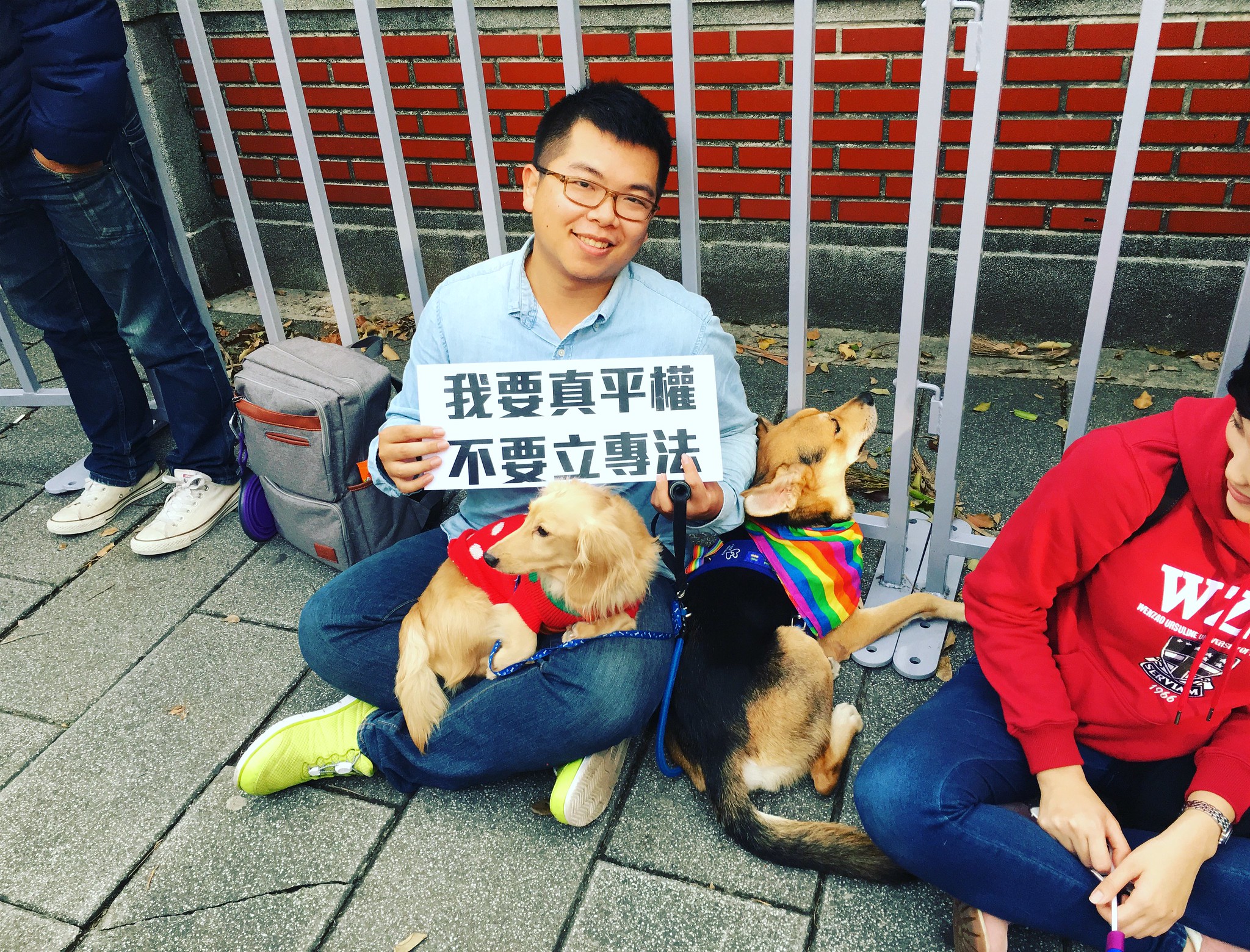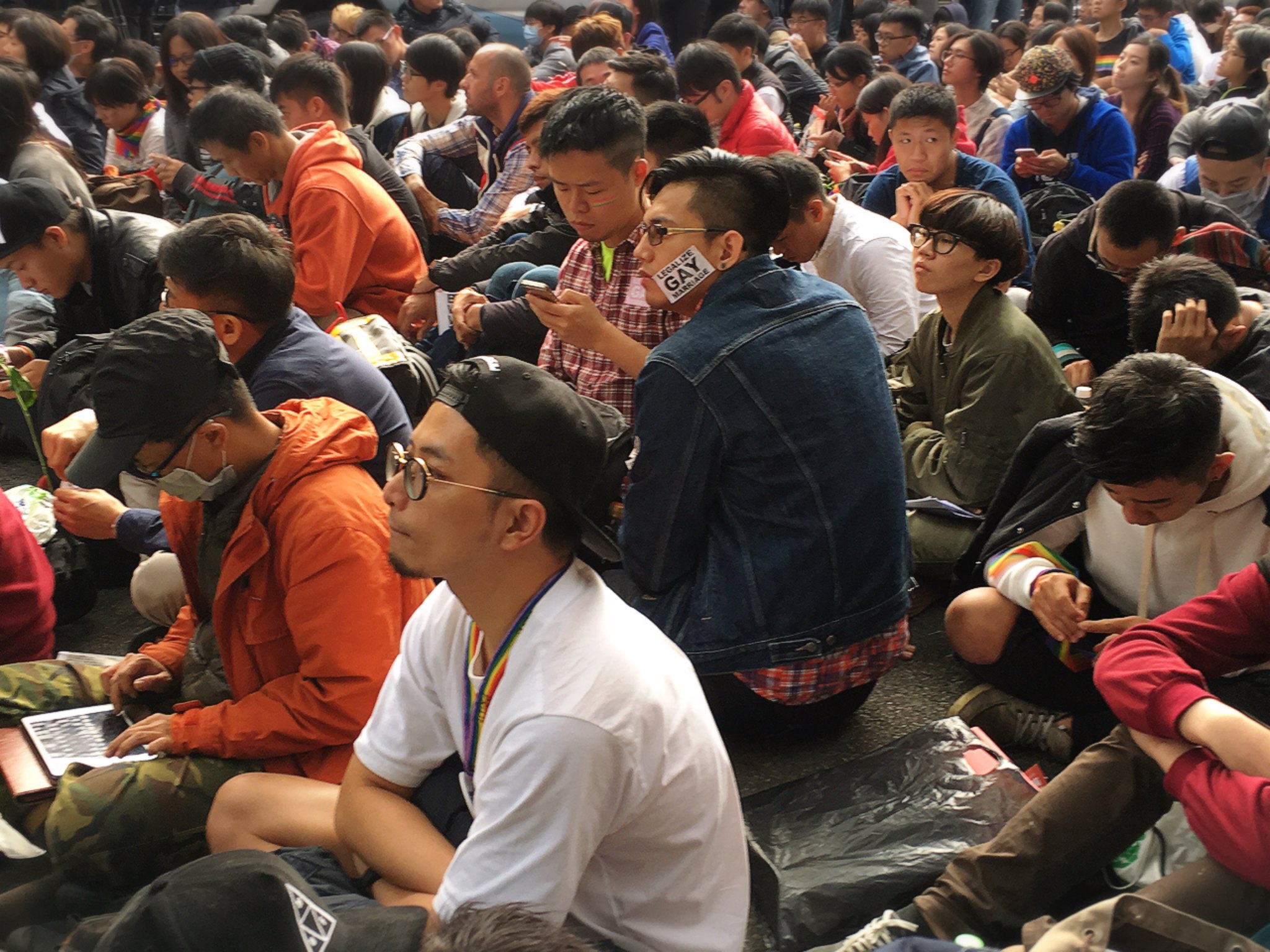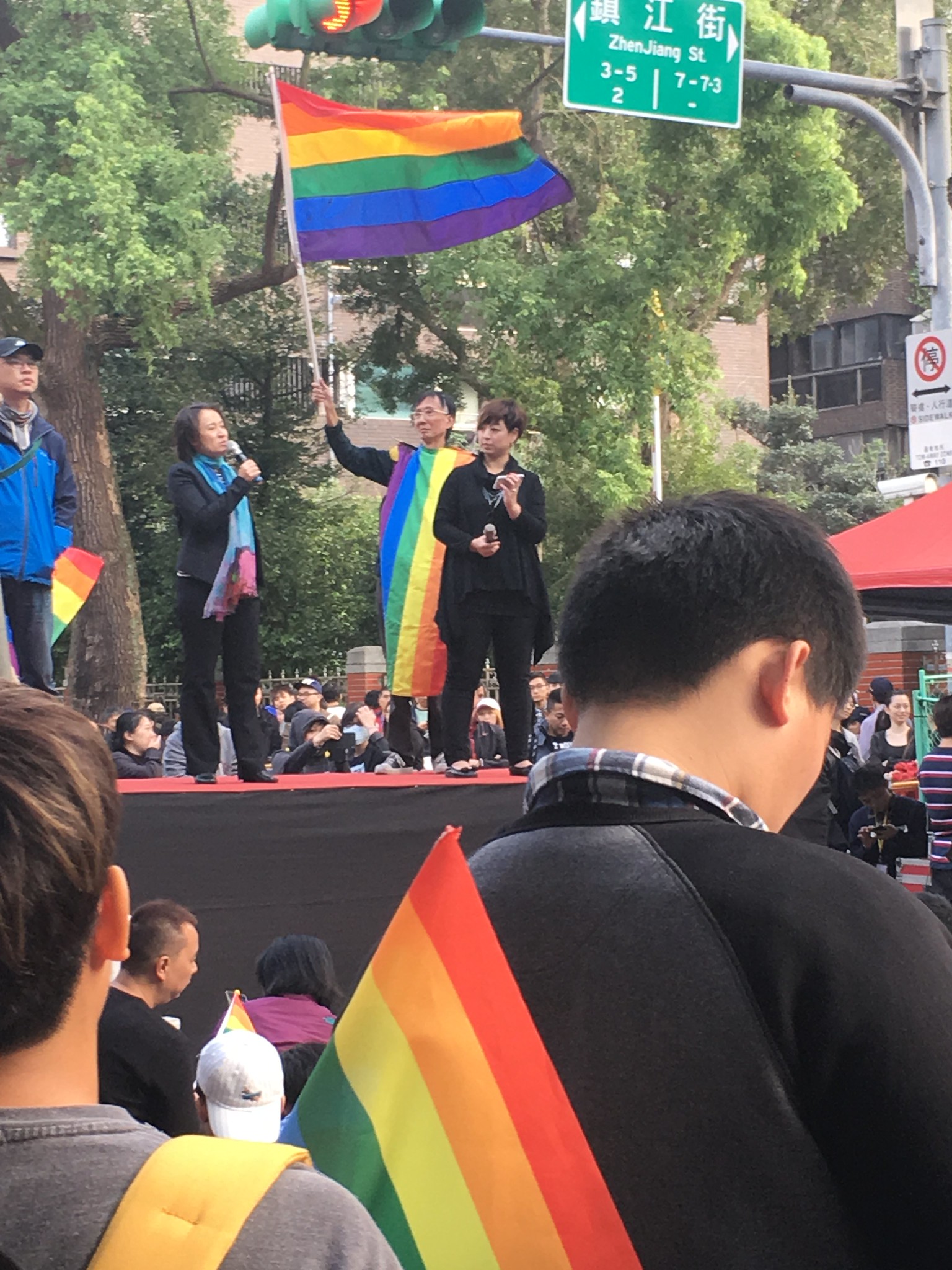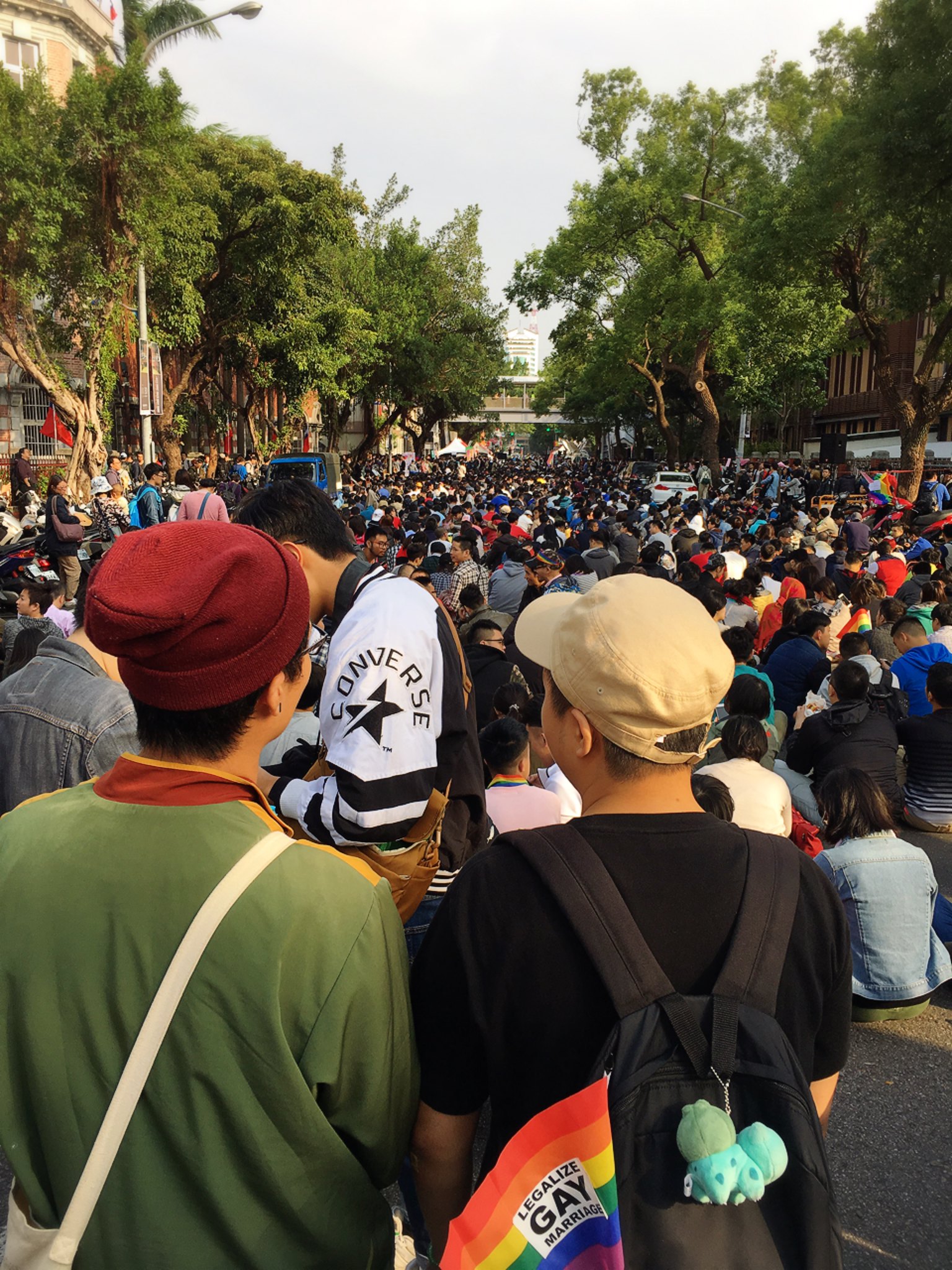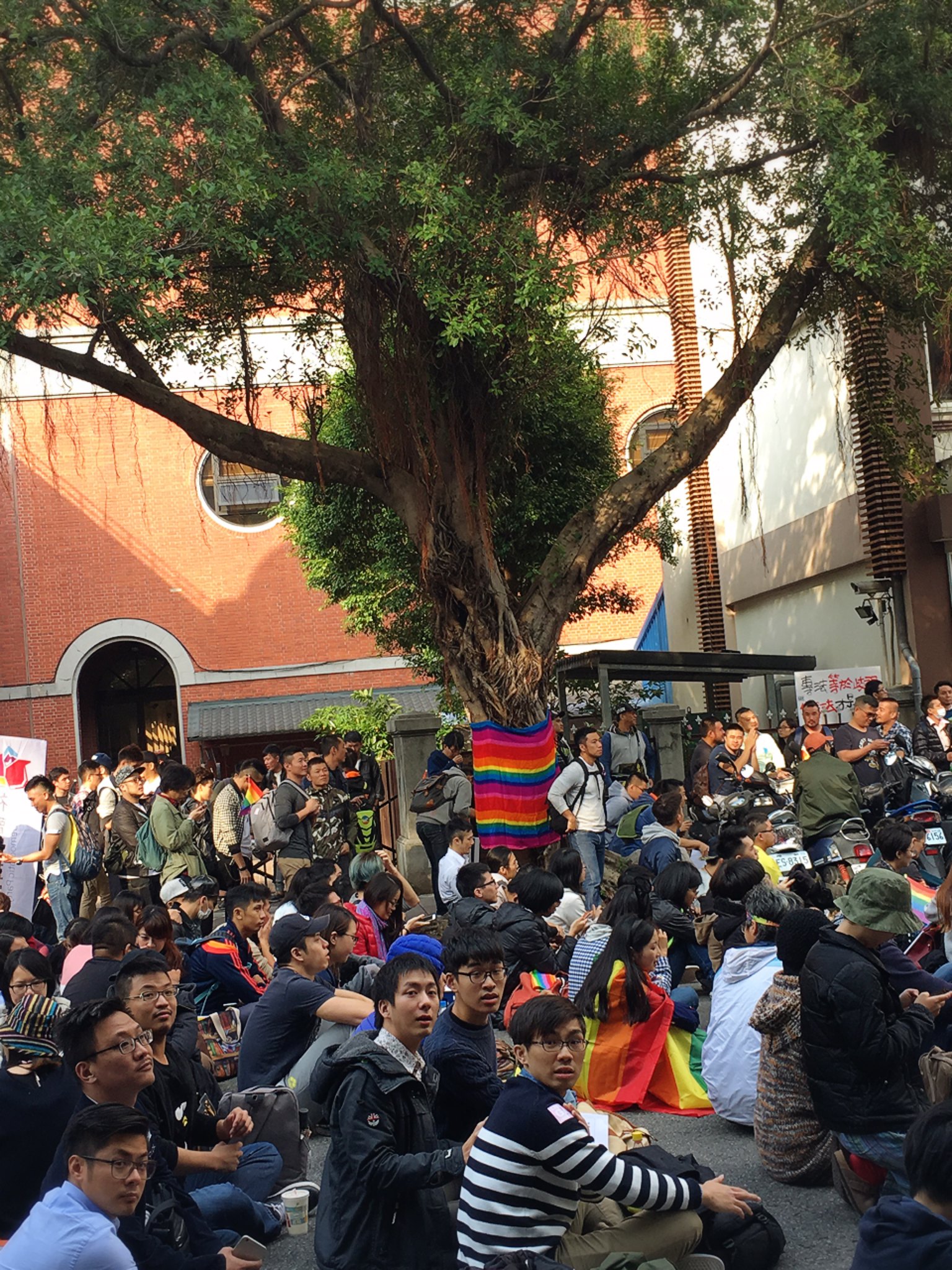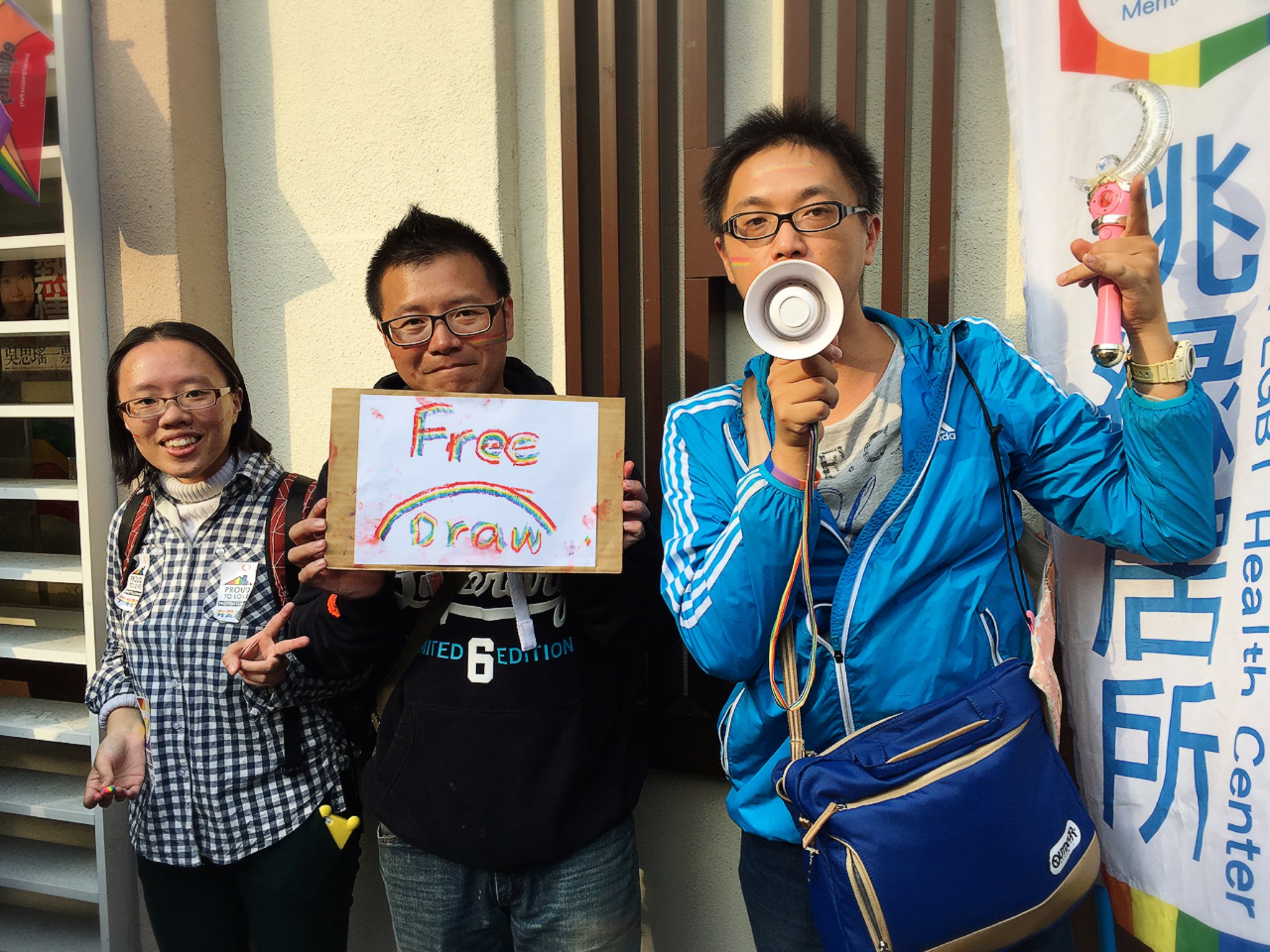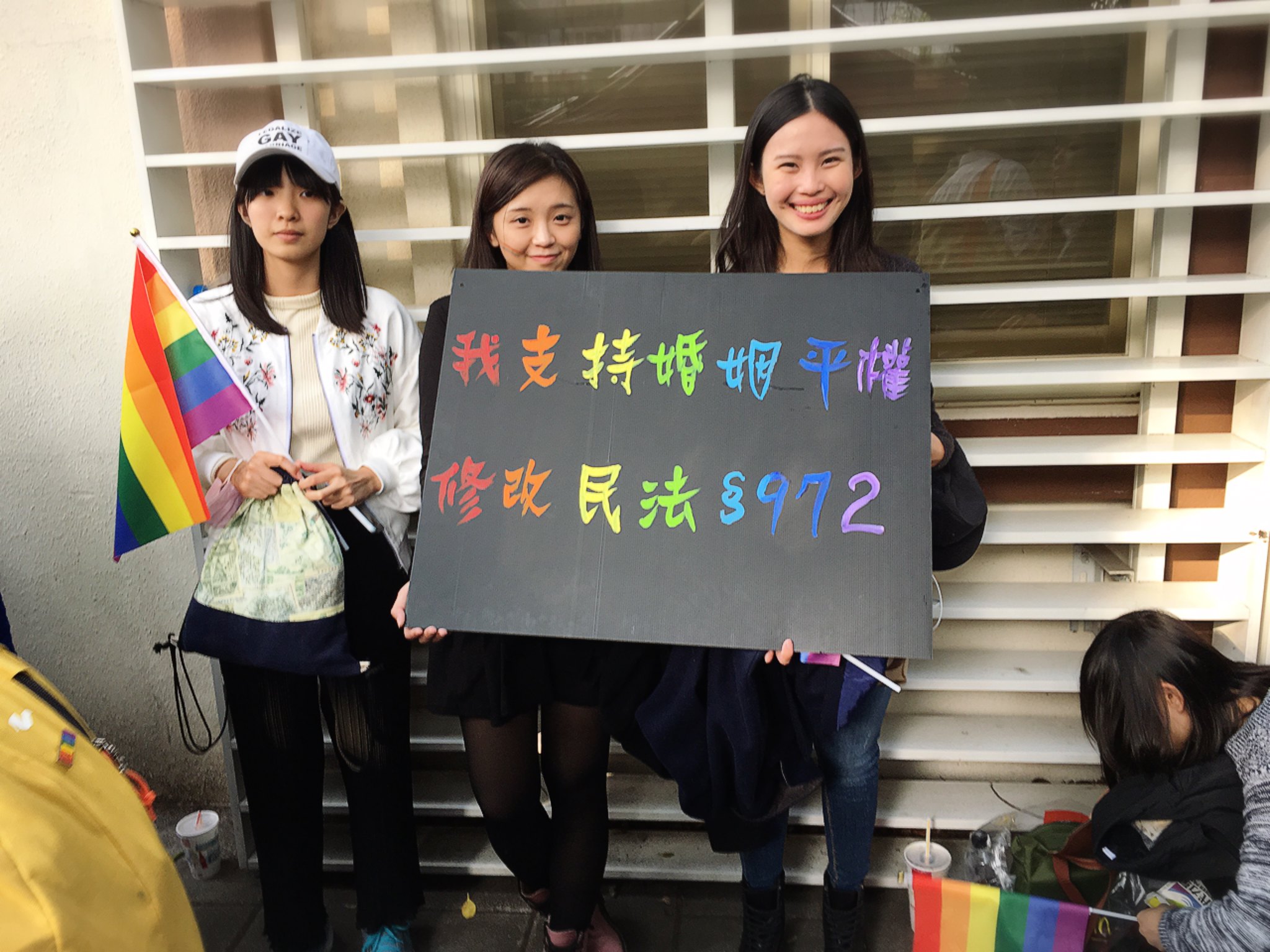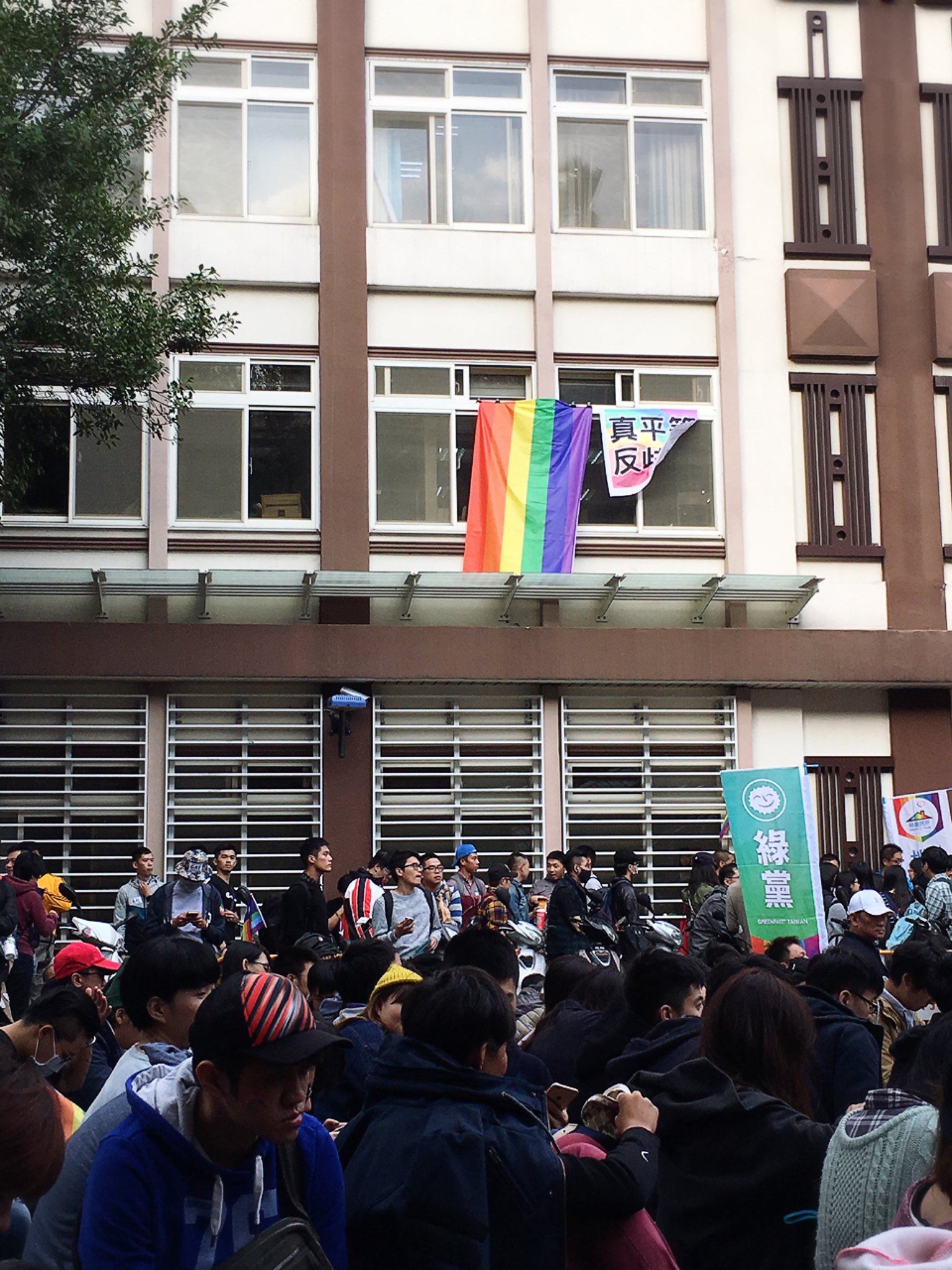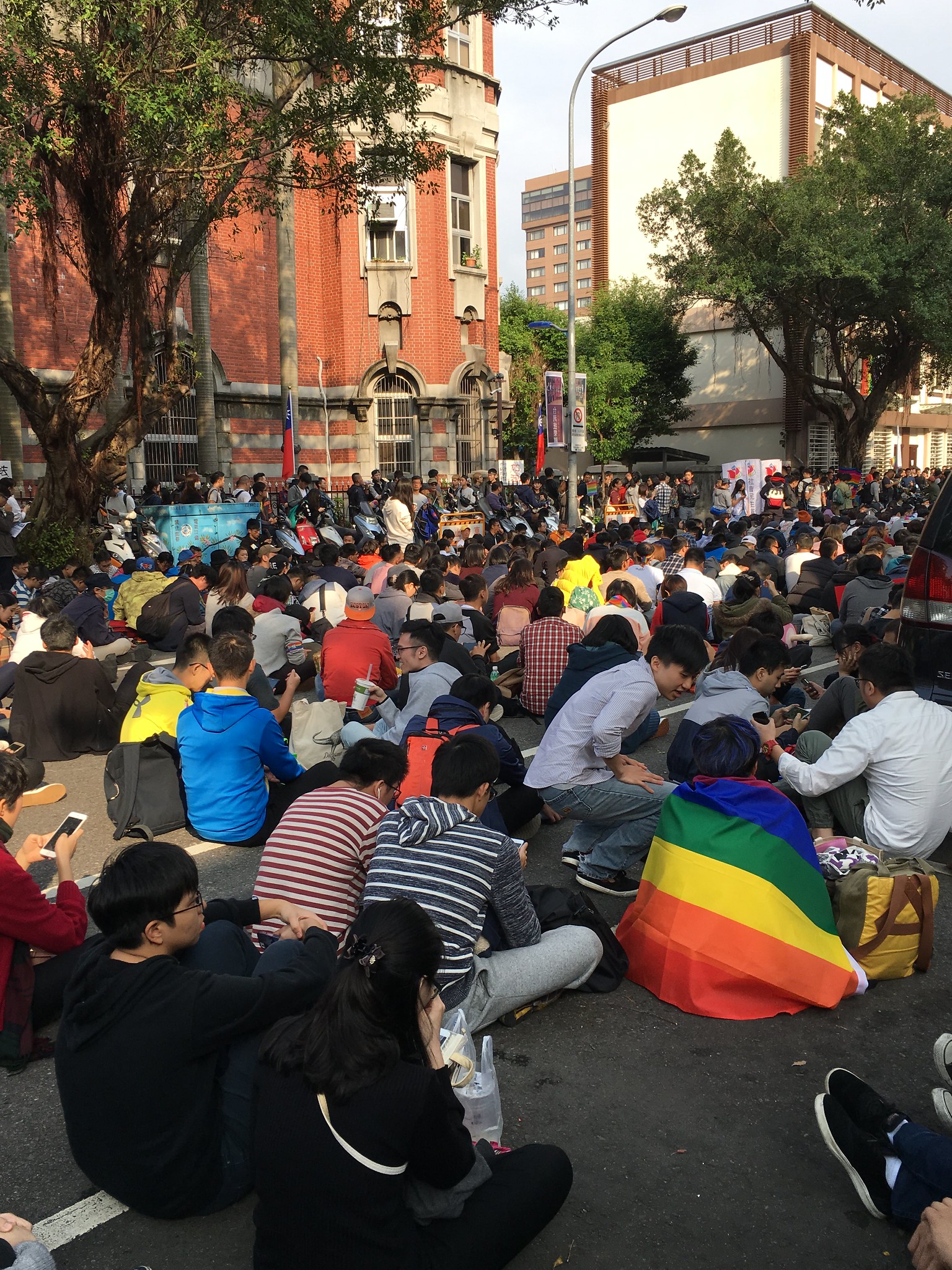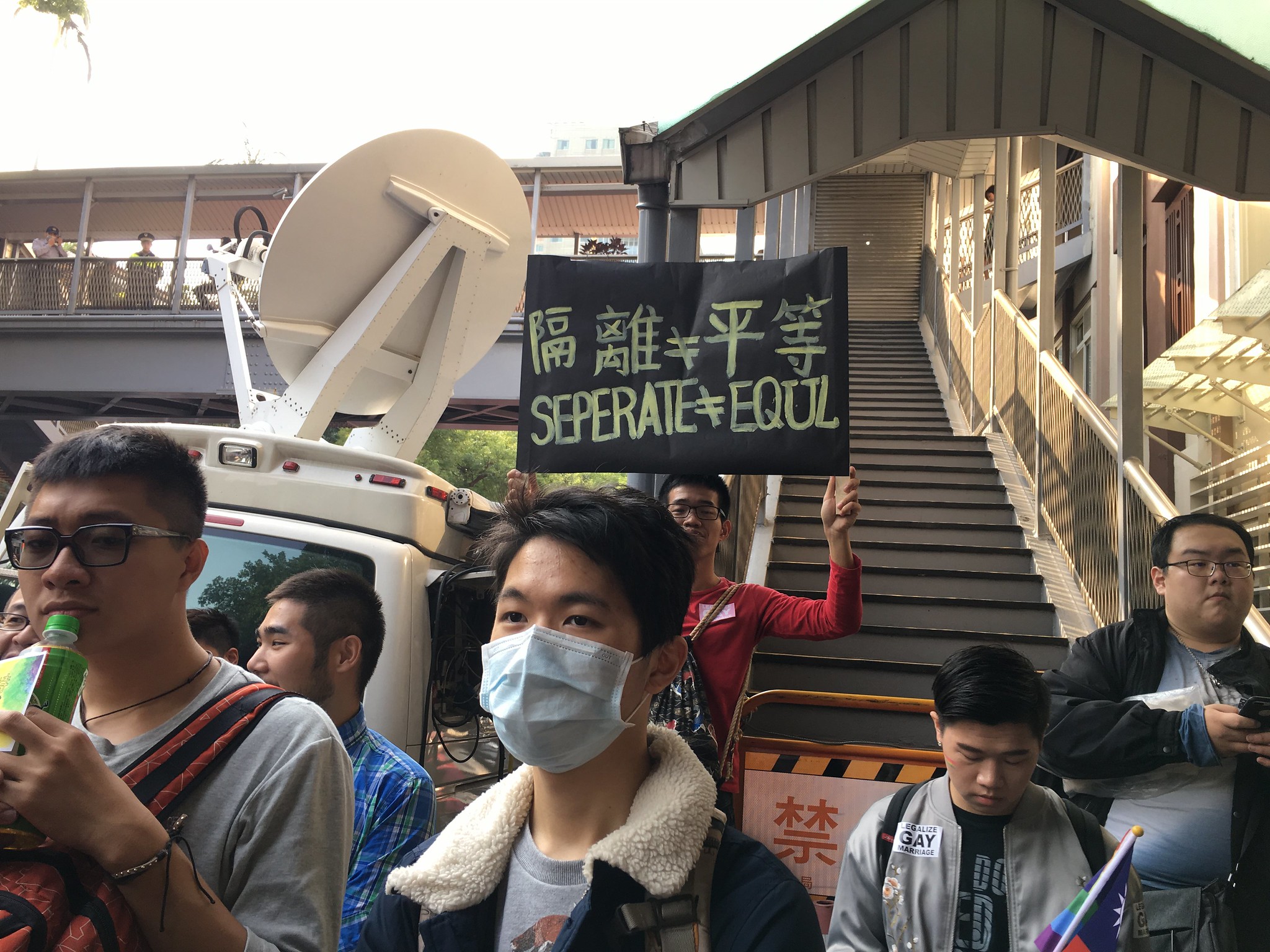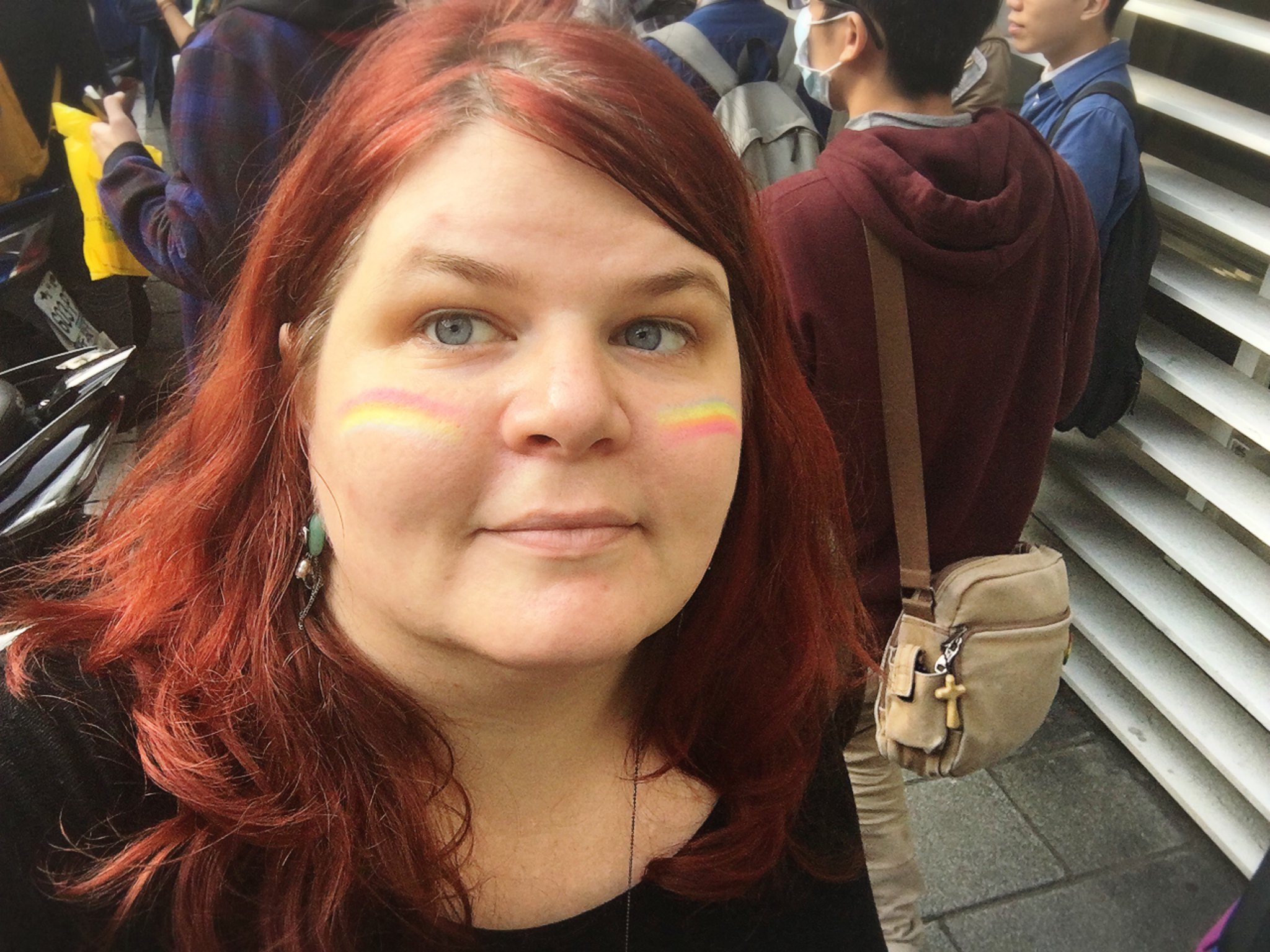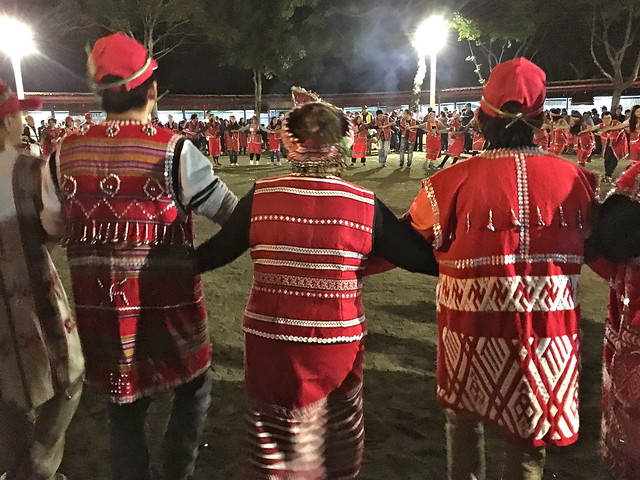
This year, I attended the Grand Pas'ta'ai festival in Wufeng (Hsinchu County) - my first Grand Pas'ta'ai but my third one in total. There is not much more I can say about it that hasn't been covered in these two previous posts from
2008 and
2010, but I do want to quickly note my observations of what made this one the "Grand" one.
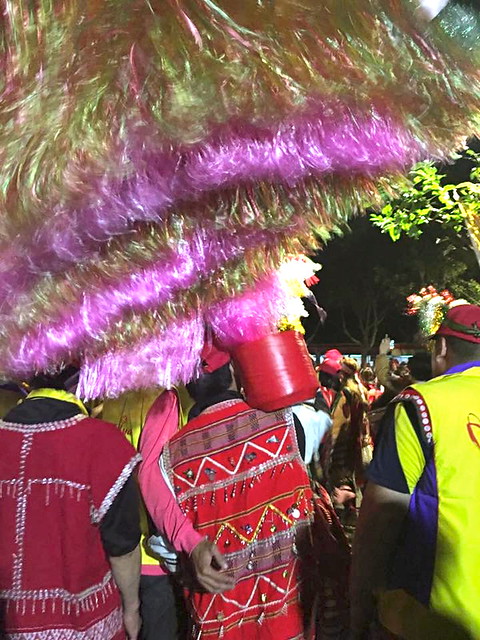
First, the Grand Pas'ta'ai is the only one where they bring out this long pole with red and white flags - I am sure one of my more knowledgeable friends knows what it's called. I was told by a bystander that it is extremely tall so as to reach to the heavens, to ask for blessings. Every few hours a group of people form an open circle around it and run around the regular dancing circle chanting rhythmically.
Secondly, there were more instances of running together into a circular group around one of the ceremonial placards - again I am sure one of my more knowledgeable friends knows why and can provide answers in the comments. I am not an expert. There were also more of these placards - which are shaped like open funnels to, I was told, entice the ta'ai (the 'mythical dark skinned wizard people' that the Saisiyat apparently massacred in ancient times, and now pay homage to by inviting them to this celebration around harvest time biennially) to join the celebration and give their blessings.
Finally, it's simply larger. In previous years we could always find a place to sit, and the dancing circle was fairly small, even when the public was invited to join. This year, the bleachers were packed, and the circle huge - at many points concentric circles were necessary. More or less every Saisiyat in the area attended, I was told, and many more people than usual were dressed in traditional garments.
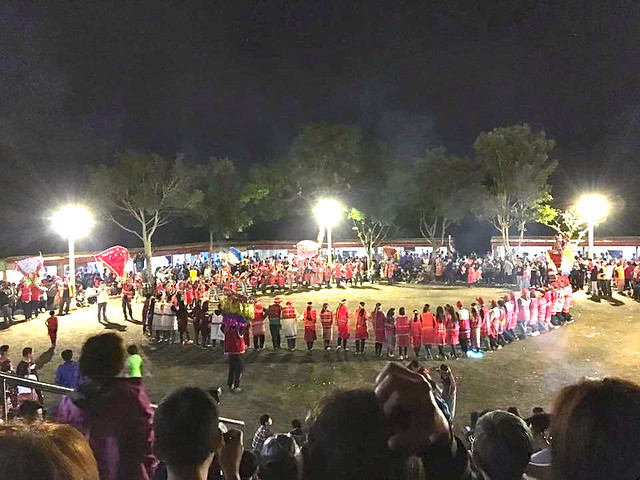
Now, I'd like to talk a bit about what made the event different for me this year. We stayed until dawn this year, and I will say that doing so does give one a different perspective on what this festival is like (the entire thing is held over three days, and for a real experience, try going for all three).
I did not get drunk this year - we were in charge of a rental car that folks who came with us drove out of Taipei, but we drove in the mountains. Although we theoretically had a ride to our homestay without having to drive (I figured I'd be drunk), deep down I knew I'd end up driving that car in the morning and intentionally paced myself. So did Brendan, but I also know that I am more able to cope with having stayed up all night and be present, coherent and in a state to drive after having done so (I just handle lack of sleep better than he does).
It also seems pertinent to point to a link between my experiences at Pas'ta'ai
and recent happenings both in my somewhat-former social circle and the world.
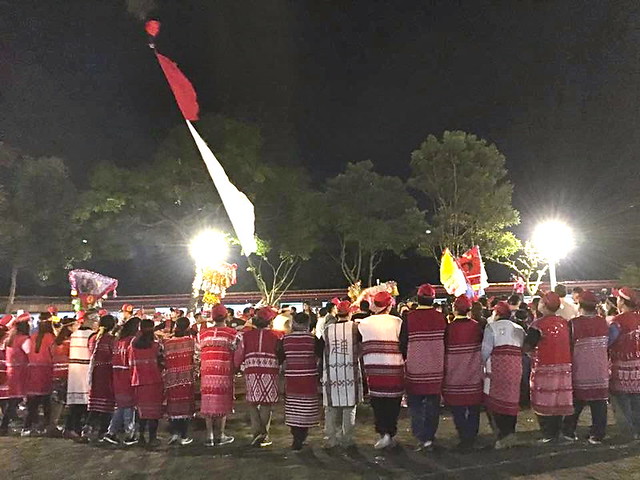
Around 3am, I took a walk around the back end of the ceremony site, where there is a covered walking area and several covered rooms where people can sleep, rest or put there things (it is pertinent to note that you do not have to fear for the safety of your personal belongings left unattended, as this plays into the next point). I came across two drunk teenage boys, both named Watan. In fact, I suspect one of them forgot his name and just called himself by his friend's name. They both started kinda-sorta hitting on me, one shouting "I AM SAISIYAT PEOPLE, I LOVE YOOUUUUU" before falling backwards off the ledge he was perched on (he was fine). The other kept half-coherently flirting while touching my shoulders and arms in a way I am not comfortable with any teenage boy doing - or really anyone I haven't implicitly invited to do so doing - let alone any drunk teenage boy. They were harmless and I wasn't scared or even bothered. But, I was trying to politely disengage.
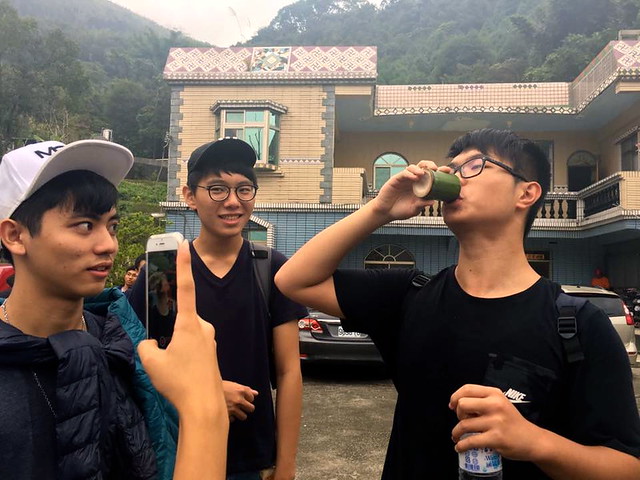
While this was happening, an older man was off to the side watching, and keeping a careful eye on the situation. He eyed me with the clear signal saying "
Do you want me to intervene?" and I eyed him back with "
I'm fine, thanks" and smiled at him as I finally, successfully, did disengage and go about my walk. It was clear that he was ready to step in.
This is not a story of drunk aborigines - frankly, that's about as stupid a narrative as talking about how drunk Westerners like to open a bottle of brandy on Christmas, so what? - which is a harmful stereotype. I see no issue with drinking scads of your local tipple on a big holiday. This is a story of what it takes to create a safe community and event. Saisiyat and Northeast American culture are as different as two cultures can be, and yet both me and this dude understood, on a universal level, how to respond to situations that could escalate into harassment or assault or even just making women feel uncomfortable. We both knew the universal Look of a bystander and a person in a situation.
There is no "cultural difference" where sexual harassment is concerned - to be clear, I do not think the drunk kids were sexually harassing me, and I really was not angered, offended or traumatized. In fact, it was kind of funny,
because I knew I wasn't in any danger. But I see how it could have become that, and how someone watching it happen might have thought so. And there is no cultural difference when it comes to the collective responsibility of a community to keep their spaces and events safe and welcoming for all people.
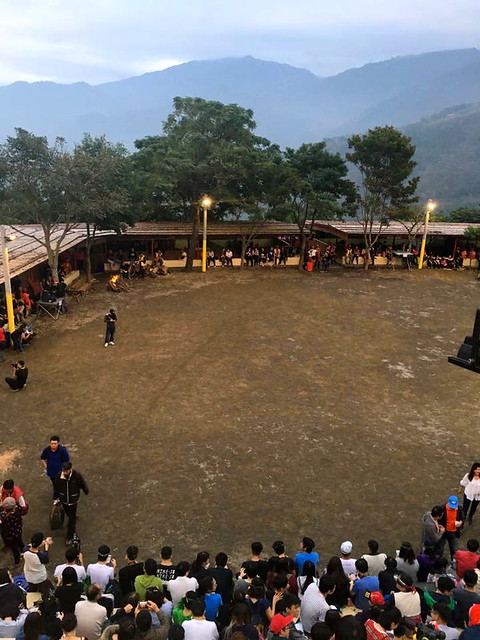
Let me reiterate, in case the point is not clear: a man at an all night dance party where approximately 100% of attendees are drunk (and this is expected, accepted and even encouraged), from a completely different culture, with whom I barely share a common language (because my Chinese isn't fluent - I am sure his is fine - and I do not speak Saisiyat),
understood that collective responsibility. He
got it. There was no "well public spaces aren't safe, women have to protect themselves (oh but everyone is welcome and happy)", none of this "you should be more careful", "it's not my job to create a safe event for women", "maybe you should protect yourself by learning self-defense or carrying mace", "I can't kick the harasser out of a public event" nonsense.
None.
Women at Pas'ta'ai are safe, because the community collectively ensures that they are.
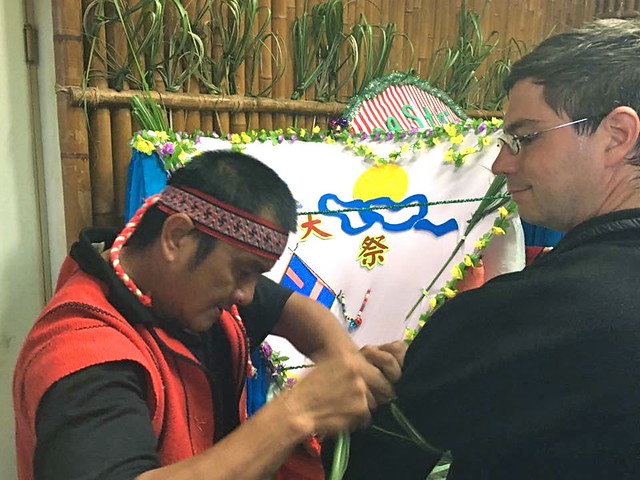
It really shows why I have no patience or sympathy for lily-livered "progressive nice guy but actually not an ally" claptrap, let alone right-wing or alt-right misogyny. It is not normal. This guy, at this event, is normal. With one look he made sure I knew he had my back. He didn't even have to intervene, and yet it was quite clear that women can expect safety. This is how it should be.
If you don't think you too have this responsibility, remind me not to attend your events.
This, too, bleeds into the absolutely devastating - to many of us who value progressive society - Trump win.
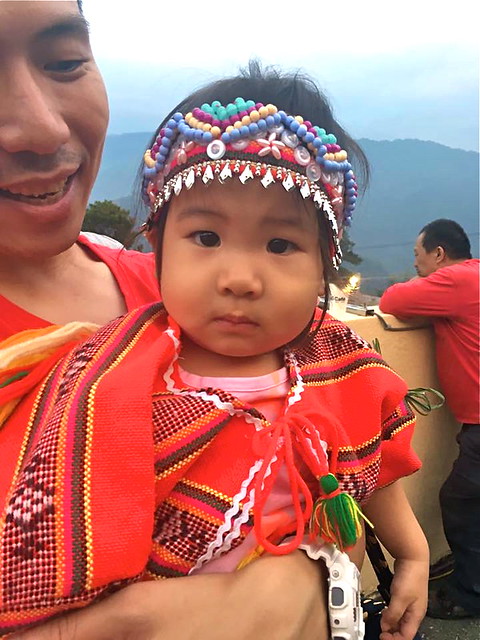
I've said it all on Facebook, but here we go. If you are calling for "unity" or asking us on the progressive left to "listen" and "empathize", I am not interested. There are many reasons - for example, t
he idea that Trump supporters voted that way because they are economically desperate is false, and even if it were true, it doesn't matter because voting for Trump was never going to bring back jobs that have irreversibly disappeared, or that Clinton is somehow "dishonest" (
not really more so than any other politician and far more honest than Trump).
But they don't matter either - because there is no reason or excuse -
not even one - that I can or ever will be able to accept for why one voted Trump.
Not. Even. One.
Zero.
If you voted for someone with hate speech like that, on some level, you decided hate speech was okay. You decided it was acceptable enough to allow into the White House even if you do not personally say it. I do not care how much you hated Clinton, or how hard it is for you. I am not interested in your excuses for why hate speech was acceptable. Your reasons do not matter to me.
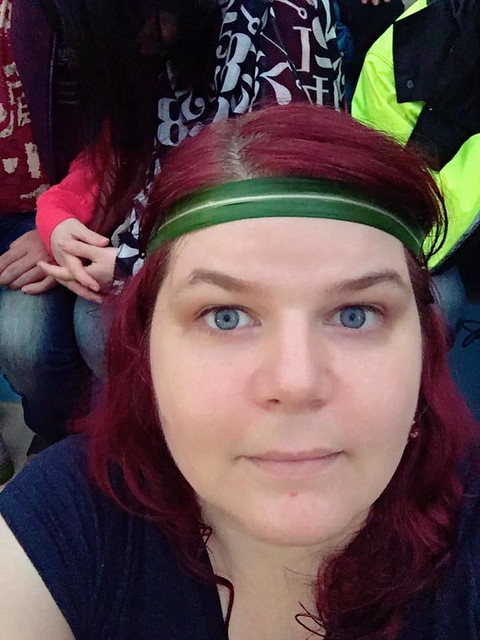
You decided it was acceptable to elect someone spewing hate speech, which is inherently a bigoted act. It is not enough to be personally okay or not bigoted in your daily life. You have to actively stand against it, or at least not vote for it, in order to qualify as a good person.
I am not interested in unity in this way - and calls for it do not sway me. If conflict is what is needed to defeat Trumpism, then although I don't like it, it may simply be what has to happen. I am surprisingly okay with disunity when the other side voted for hate speech.
But I do feel unity, just not with the US. At the end of the ceremony, as the night slowly turned to dawn, most people still at Pas'ta'ai came together in a circle and moved more or less together as we held hands and the tribe members sang (whether they were folk songs, just typical popular songs, traditional songs or hymns or other sacred music, I do not know). There was some pulling and discomfort, and not everyone was moving perfectly in sync. Occasionally our hands tore apart, but they always came back together. I was extremely tired and just sort of let the music sway me as I watched other people's feet, looking for the rhythm so I could do my part to keep the circle moving in time until the sun peeked out over the mountains beyond the ceremony grounds. Not just with Saisiyat participants but Taiwanese visitors of many backgrounds as well as other foreigners. All were welcome, and we collectively came together to ensure that all were safe. We probably disagree on some things, and maybe have differing values, but I could be sure we all more or less agreed on what the end goal was even if we had differing ideas on how to get there, and in that sense, we could work together.
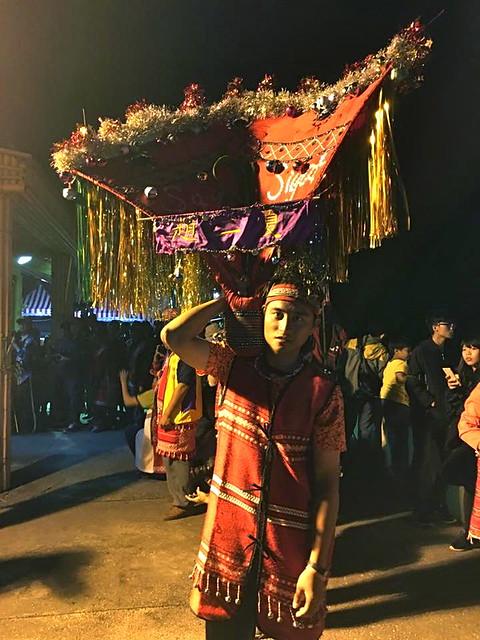
I thought back to the man who waited to see if he needed to intervene, and I thought about how my belongings were safe. I thought about how the majority of Taiwanese are interested in putting aside their past differences - Hoklo, waishengren, Hakka, aborigine or of non-Taiwanese roots - and moving forward. Perhaps not everyone, but enough to create the feeling of desire for change in society - change for the better, for all Taiwanese. I thought in my fuzzy sleep-deprived head about how, while Taiwan is not perfect, at least it is looking in the right direction. How Taiwan would never vote for someone like Trump - how open racism (including Islamophobia) and misogyny - even bragging about sexual assault - would be automatically disqualifying. I thought about how, even though I do not care for the various KMT candidates nor all of the DPP ones, that after the elections are over we can all more or less agree that voting for either candidate doesn't make you a bad person, and relationships resume as normal. In the past this also happened in the US - I may not have liked Bush, but he was more or less normal and acceptable within American democracy. In Taiwan, every candidate is at least nominally qualified and always educated enough to take on the role he or she is campaigning for.
I thought about how Taiwan elected a female president without much fuss at all and the majority of Taiwanese were annoyed, not turned, by attempts at making her singlehood and sexual orientation (which is unknown, but who cares?) into a scandal.
I thought about how Taiwanese fought for and won transitional justice, and when they do finally get marriage equality (one hopes within the next year), chances of people committing hate crimes against LGBT+ people are slim to none. Nobody's going to refuse to issue licenses, either. Such a stark difference from my own country.
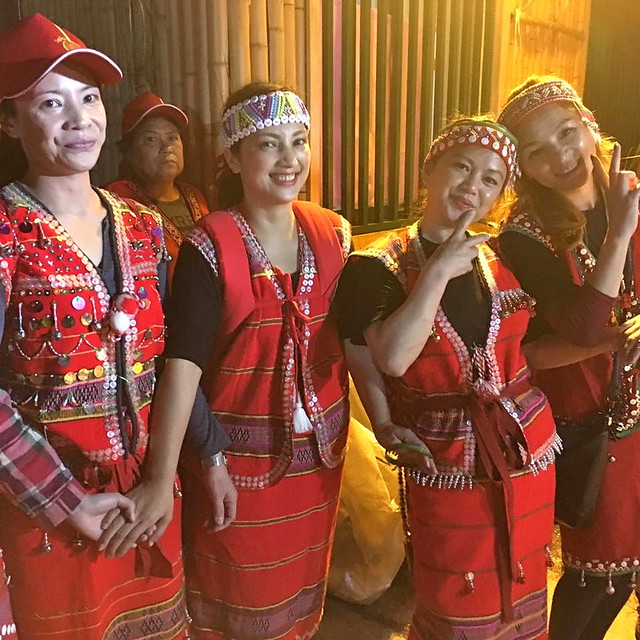
And as we danced together, arms linked, and I grabbed the hands of people to either side of me regardless of who they were and we all tried to dance together, that I
am interested in unity.
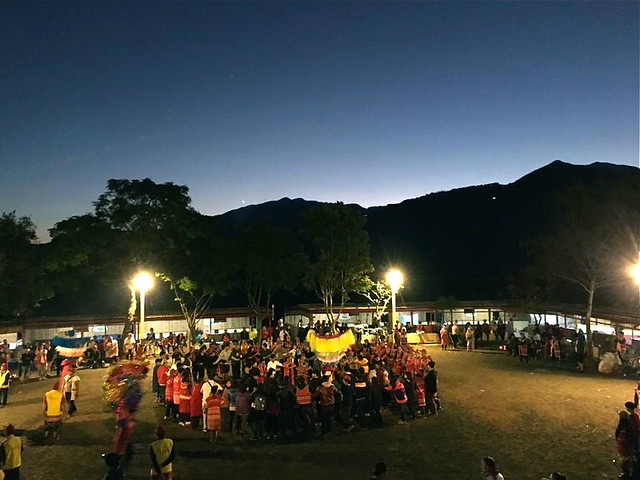
Unity based not on ethnicity or culture - I'll never be Saisiyat or "ethnically Chinese" in any way, though I would someday like to be Taiwanese - or even on totally shared values, as we all have to deal with people who think somewhat differently from us. But unity based on being fundamentally decent versus indecent - which is really the problem in the US. It's not liberal or conservative (I can find some points of agreement with conservatives on personal freedoms, for example) or "this person won and that person lost but they are both fundamentally decent people", which is how every previous election has been. This is different. This is indecent,
this is a rhinoceros. I am not interested in unity where aggressive action is called for. I am when everyone involved is more or less working toward the same goal, though we have different ideas about to get there, and looking to the future with a progressive and tolerant eye,
where people have "something" in them that knows right from wrong, where hate speech is not welcome.
I do realize that totalitarianism can hit any culture, and there are negatives about Taiwan (
here's one example) that I could discuss, but fundamentally I think the culture is in a good place, and decency still reigns here.
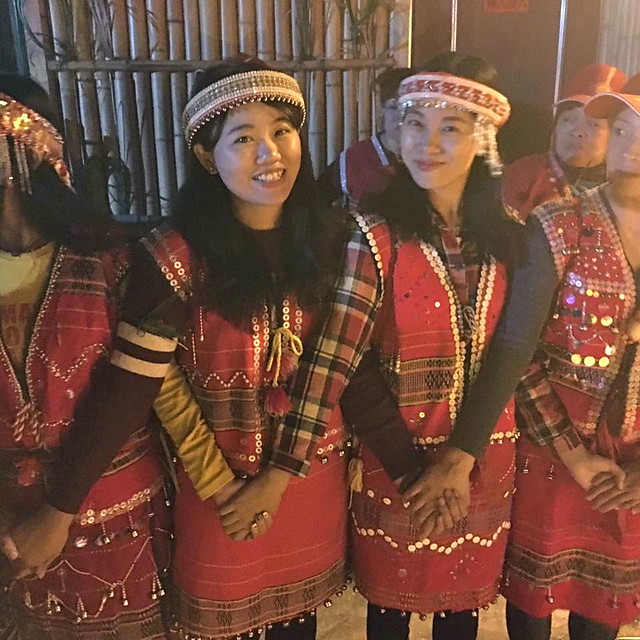
I cannot say this is true of my country right now, where I genuinely feel that the only thing separating Trump and Hitler is that Trump is too stupid to have a master plan, but I see no difference between Trump voters and Nazi voters (who, remember, were not all Nazis themselves - some just looked the other way).
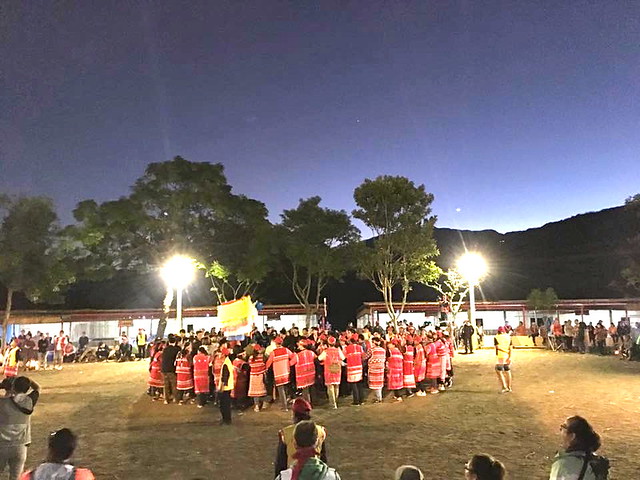
I'm interested in Taiwanese unity - not unification, mind you, but unity. And while I must hold an American passport for the time being, I can no longer consider myself truly American in any real sense.
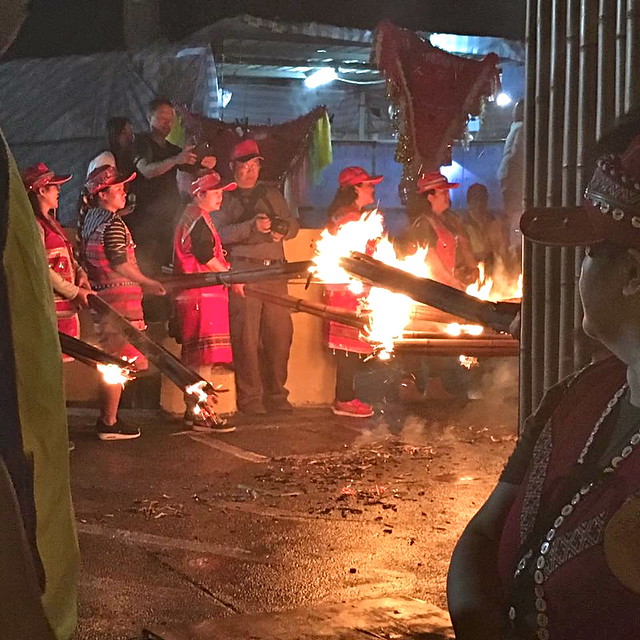
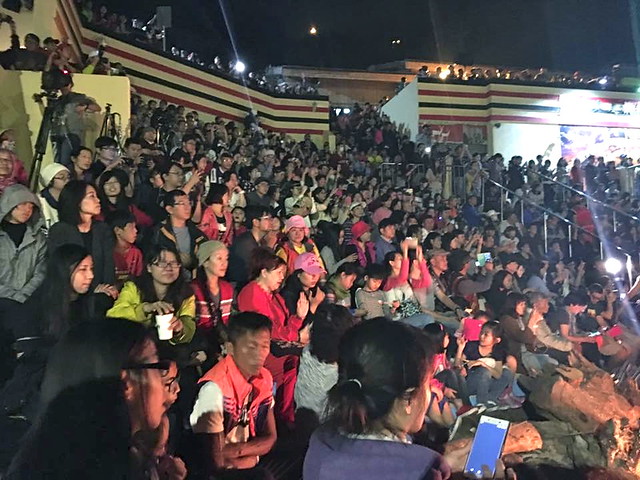
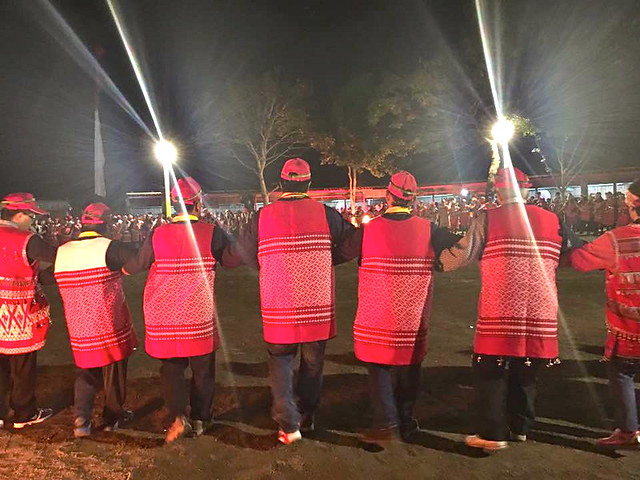
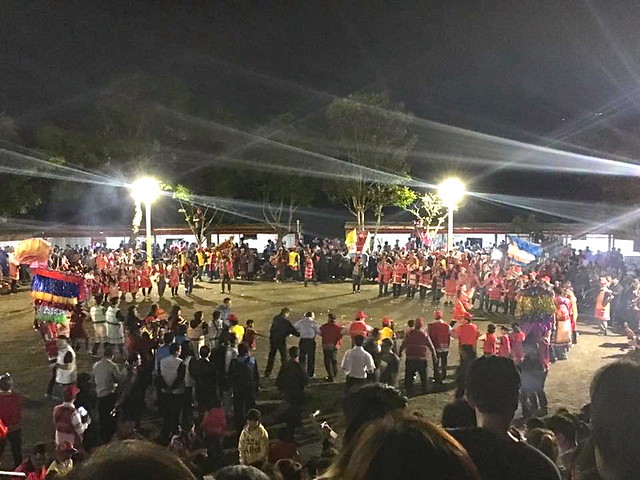
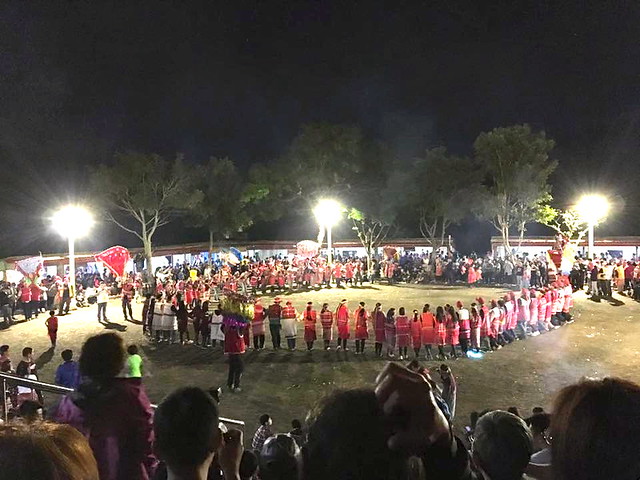
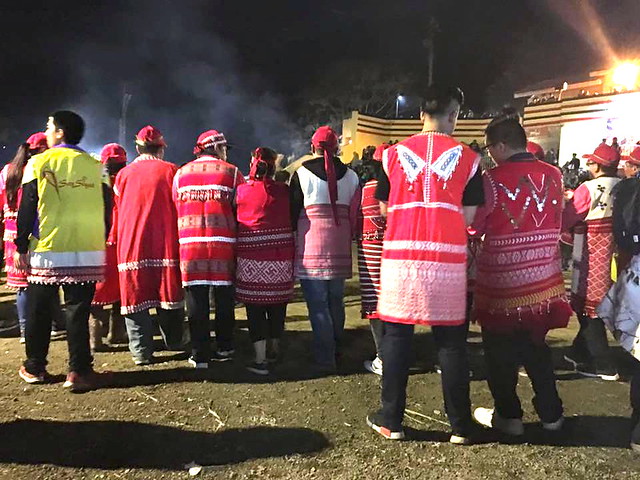
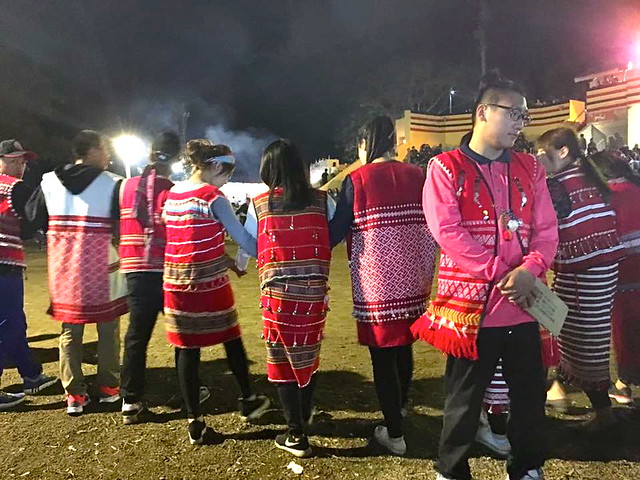
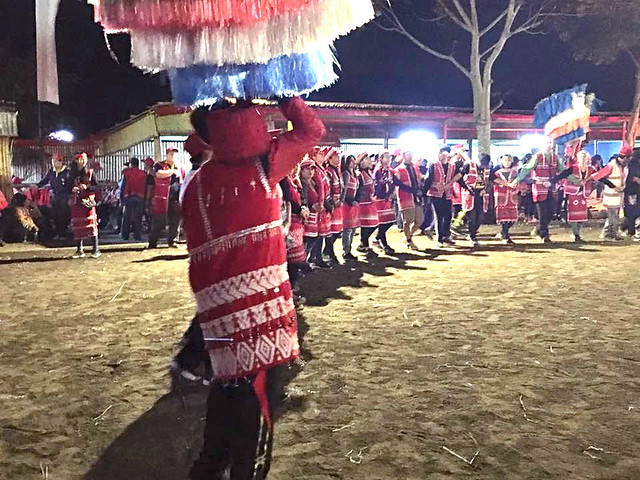
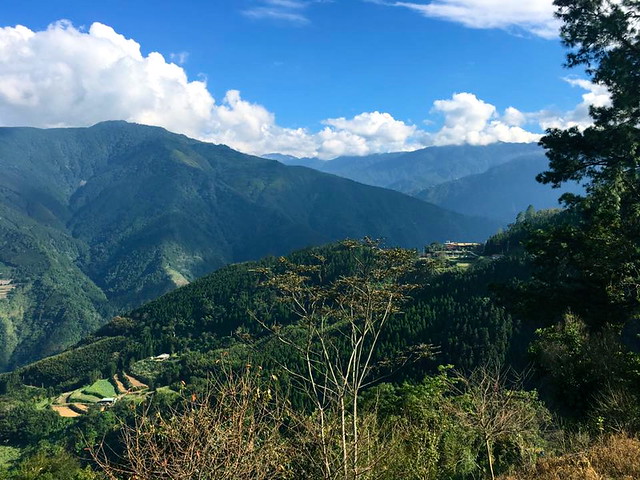
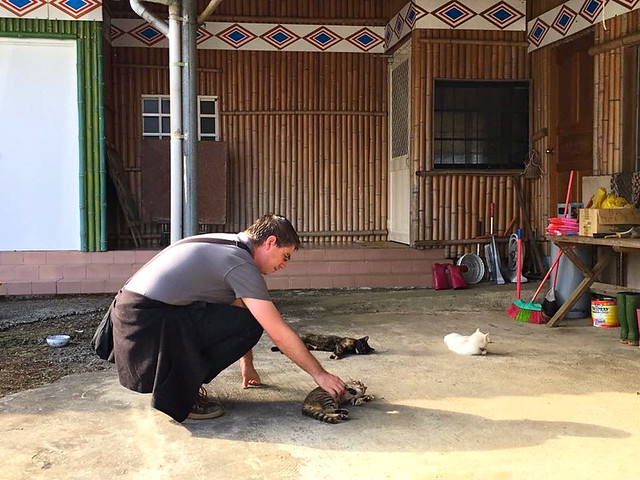
https://www.flickr.com/photos/53660106@N02/30981155555/in/dateposted-public/
